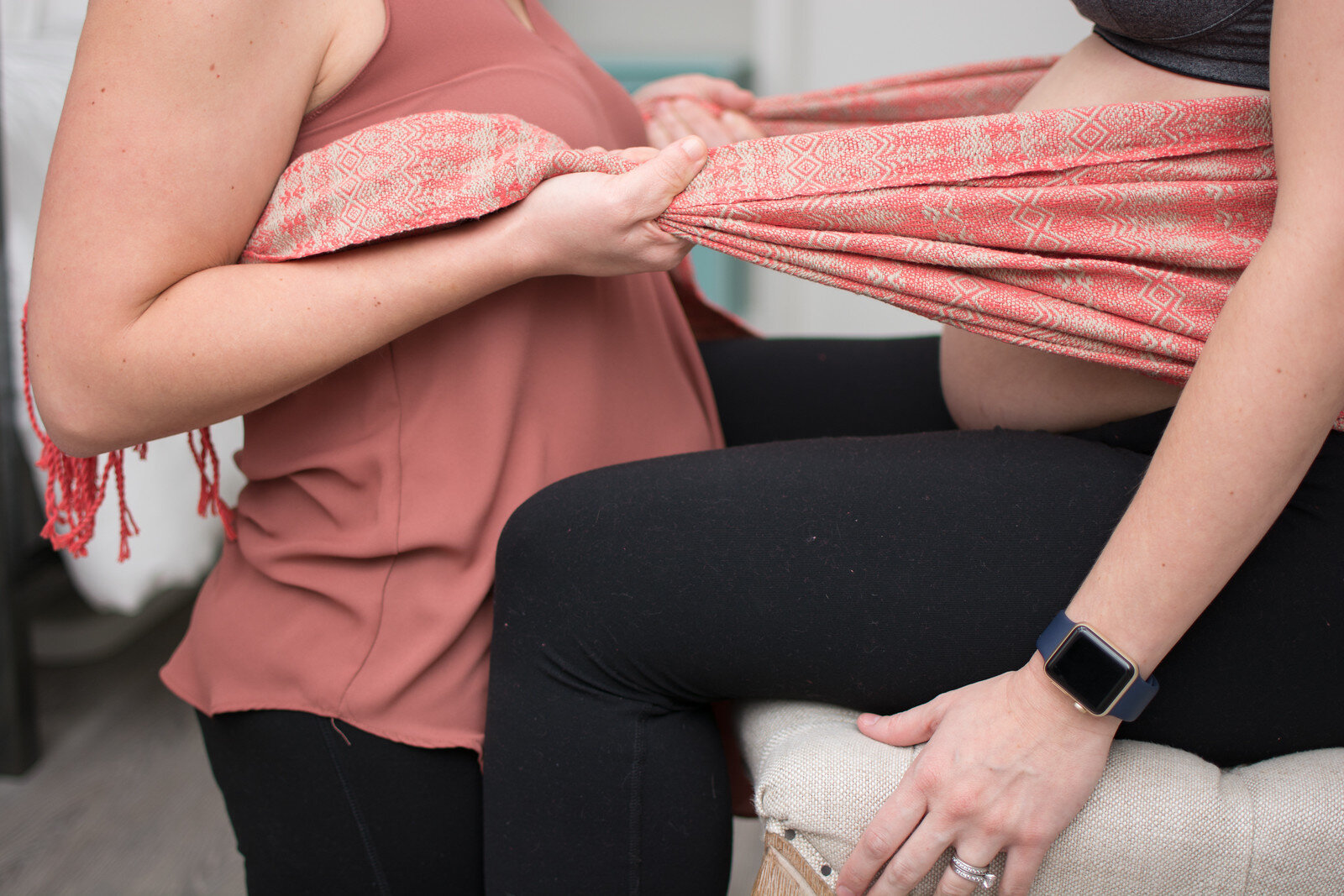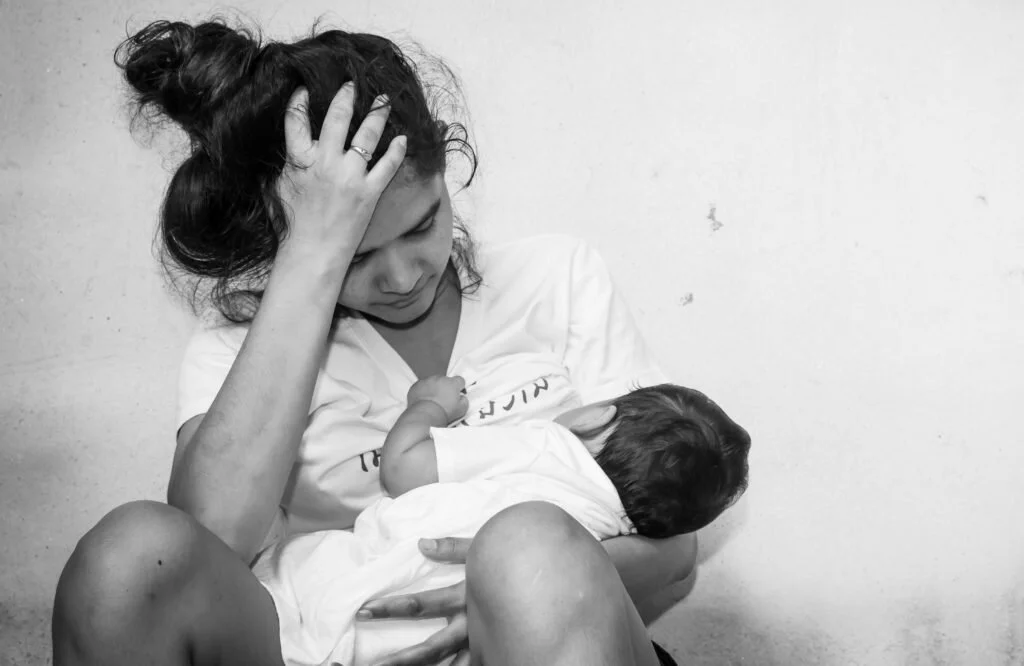Join us at the farmers table.
Good nutrition can make all the difference in your pregnancy and nursing journey. Fueling your body with the right food, supplements, and exercise can help you sleep better, fight fatigue, balance your glucose levels, and help combat high blood pressure. I know, its so hard to eat healthy when you are battling pregnancy cravings. Small things like switching out your morning bagel for yogurt, your side of mashed potatoes for sweet potatoes, or your ice cream for whipped cream and strawberries can make a big difference. Eating 60g of protein a day is preferred to help your baby’s growth and can also help with blood pressure issues. Purchasing from your local farmers market or butcher usually ensures a better chance of organic, high quality meat and produce. It also helps support your local community.
Join The Prenatal Nutrition List for helpful tips on foods you can eat and ones you should avoid, while also getting helpful recipe plans.
Quality supplements are worth it!
Do you know the difference between synthetic & wholefood? Did you know, that the majority of vitamins and supplements you find on the shelves at your local drug and grocery store are synthetic? You might be asking, “so whats the difference?” Synthetic vitamins are made from chemicals to mimic the natural way your body absorbs nutrients from food. These chemicals are difficult for your body to absorb and can even cause health issues. Whole food vitamins condense and concentrate the fruits and vegetables to make natural vitamins for your body. Your body actually recognizes them as food and distributes the nutrients where they need to go. With big chains buying out the brands we love the quality is no longer there. I encourage each of my clients to do their own research to figure out which products are right for them. If you dont know where to start and are looking for some direction, Young Living I trust for all of my supplement needs.
Exercising a few times a week during pregnancy is so important to help you rest better, fight fatigue, better frame of mind, and keep blood sugar and pressure levels down. Exercises like swimming are low impact and can really help with back pain and even help with nausea. Yoga is a wonderful way to increase flexibility and bring those cortisol levels down. Walking will help strengthen endurance and help keep baby engaged in the pelvis. If you are able to throw some squats and lunges in there it will definitely help when it comes time for labor and positions changes to help bring baby down.












